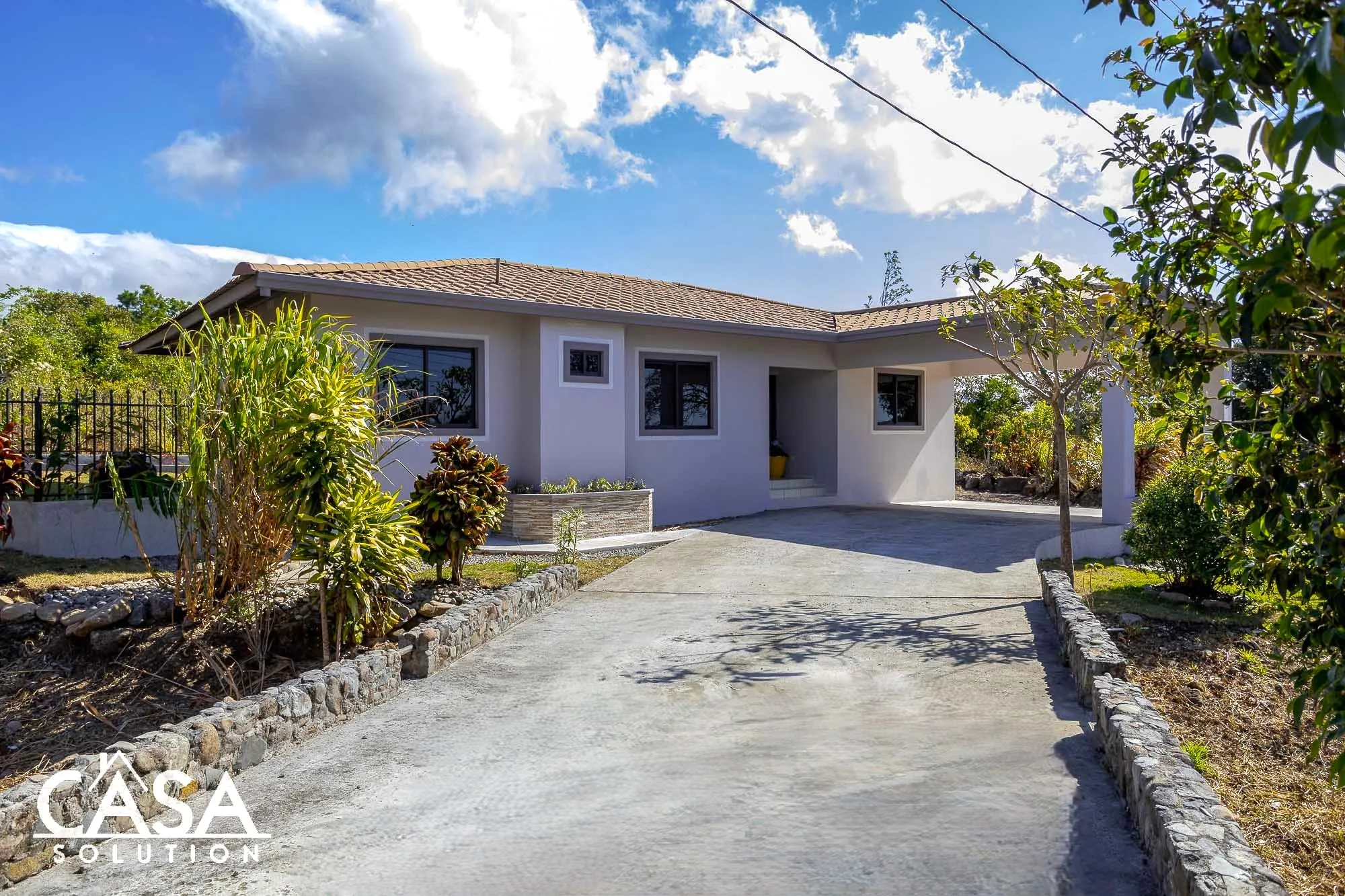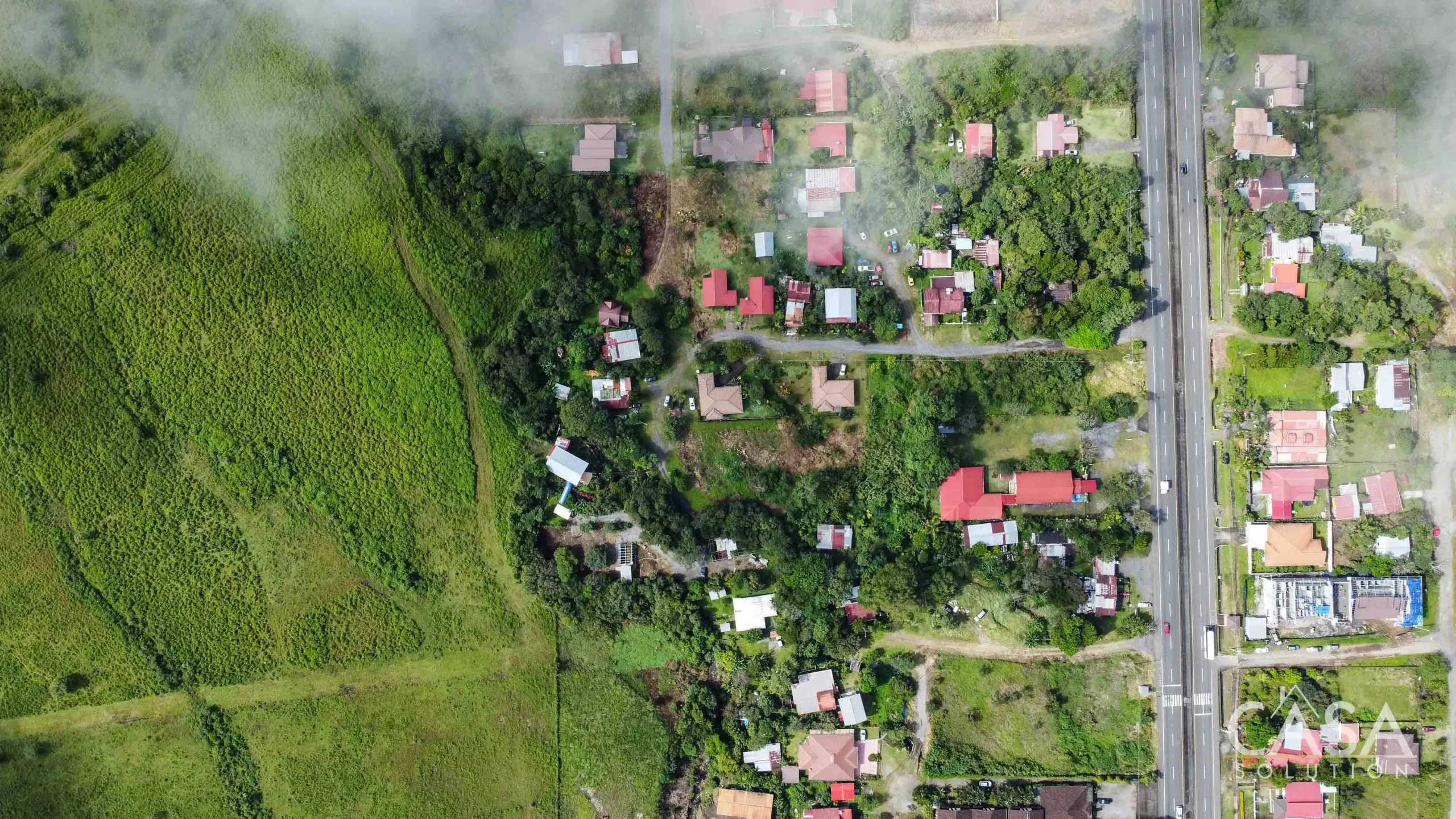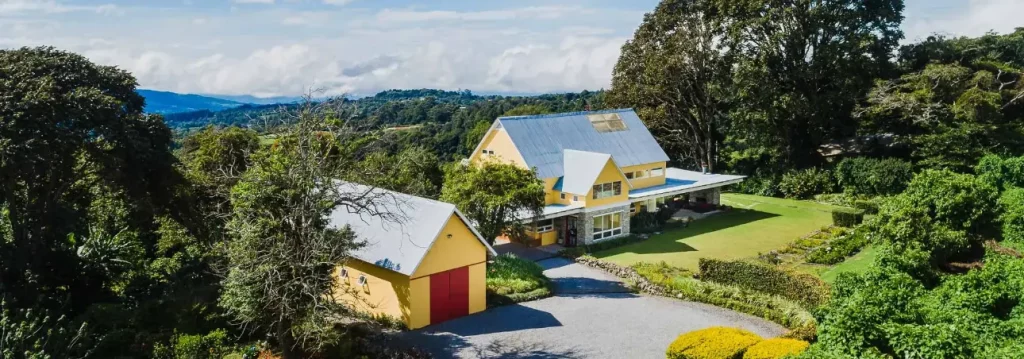
Panama remains one of the top real estate investment destinations for Americans, Canadians, and other foreigners in Latin America. Whether you’re buying a retirement home, a beach condo, or an investment property, securing a mortgage from a Panamanian bank can be a practical option. However, the process for expats is distinct and often more complex than for local residents.
This 2025 guide offers an in-depth look at the requirements, process, challenges, and solutions for foreigners seeking mortgage financing in Panama. We’ll cover everything you need to know—from eligibility and documentation to the best banks, typical terms, and alternative financing options—so you can confidently move forward with your property purchase.
Read More: Guide to Financing in Panama
Mortgage Eligibility for Expats in Panama
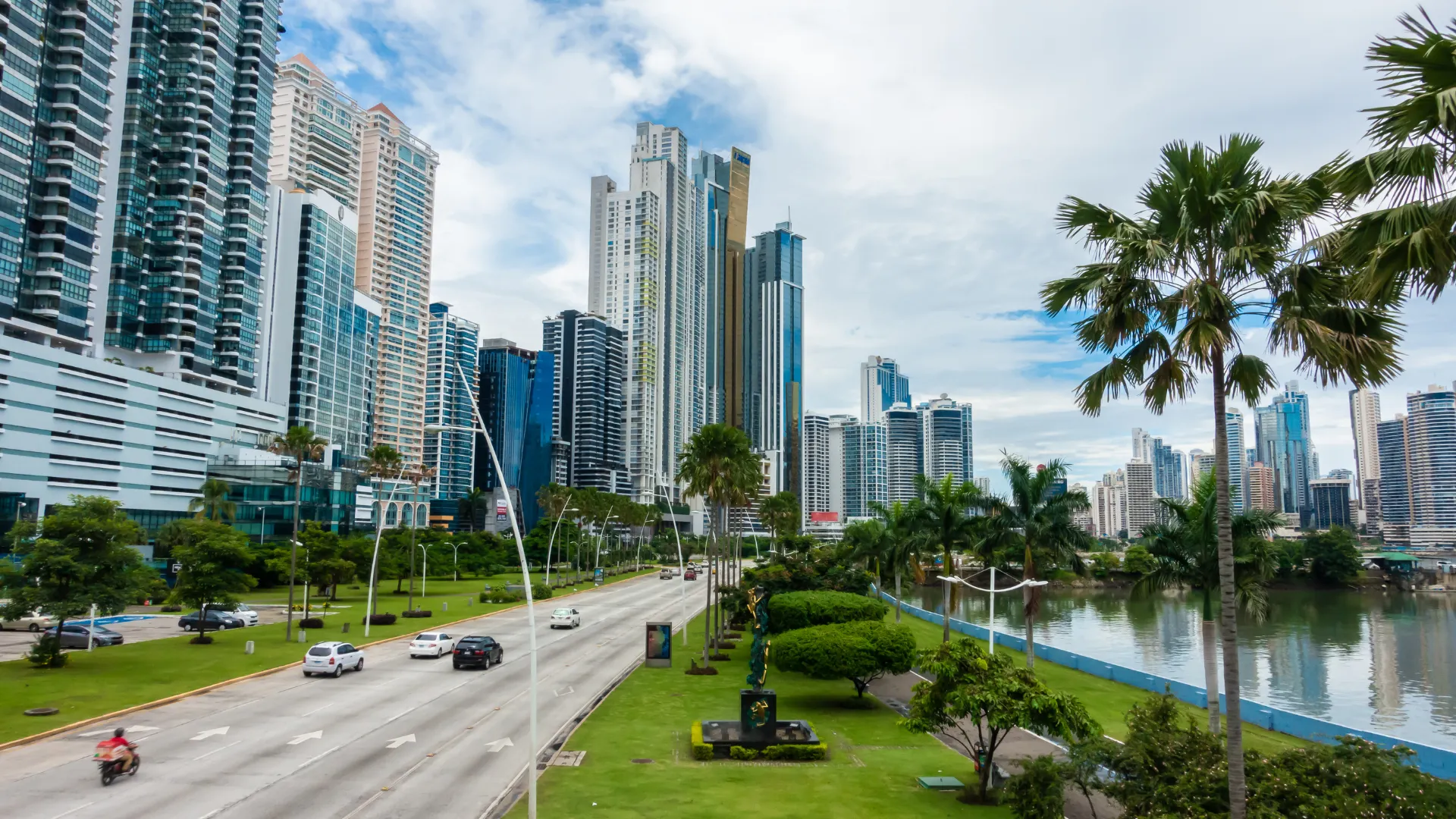
Yes, foreigners can get mortgages in Panama. But the eligibility criteria and conditions vary depending on your residency status, income sources, and personal financial profile.
Key Eligibility Factors:
- Residency Status: Having permanent or even temporary residency helps but is not mandatory.
- Income Stability: Verifiable income is critical.
- Creditworthiness: Foreign credit reports are required; Panamanian banks don’t access U.S. or Canadian credit databases directly.
- Age Limitations: Loan term + age must usually not exceed 70–75 years.
- Minimum Loan Amount: Typically USD $100,000 or more for foreigners.
Impact of Residency Status on Mortgage Terms
| Criteria | No Residency | Temporary Residency | Permanent Residency |
|---|---|---|---|
| Legal Status | Passport Only | Valid Visa (Friendly Nations, etc.) | Panamanian ID (“Cedula”) |
| Property Classification | Investment Property | Investment/Transition | Primary Residence Option |
| Loan-to-Value Ratio (LTV) | 50-60% | 60-70% | 70-80% |
| Interest Rate | Higher (with 1% FECI tax) | Moderate | Local Rates Possible |
| Maximum Term | 15-20 years | Up to 20-25 years | Up to 30 years |
| Additional Requirements | Strong foreign income proof | Visa documentation required | Eligible for subsidies |
Takeaway: If you can secure a Panamanian residency visa (like the Friendly Nations Visa or Pensionado Visa), it will significantly improve your mortgage terms.
Best Banks in Panama for Expats
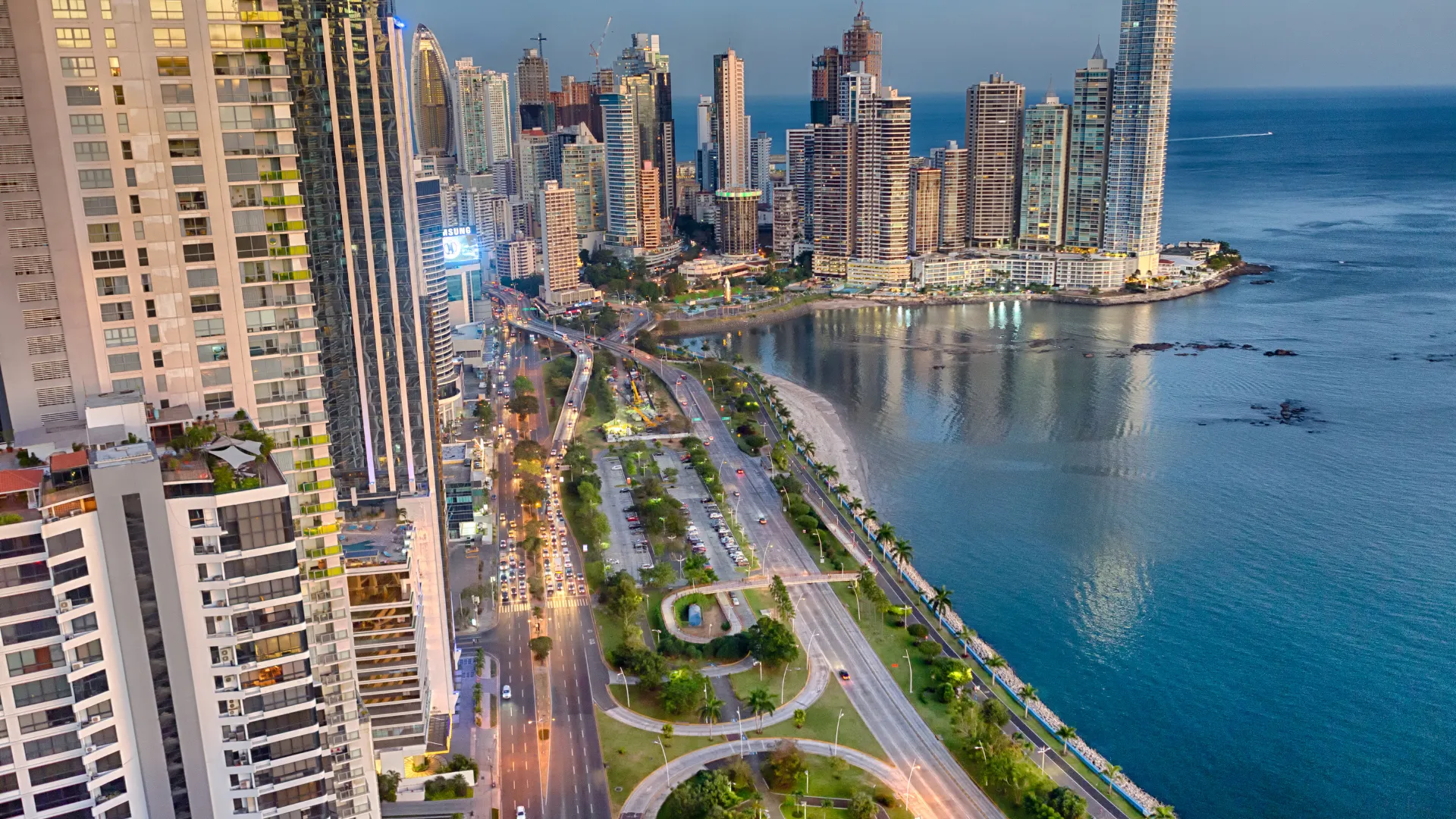
Not all banks are equally expat-friendly. Here are the most recognized institutions:
1. Banco General
- Panama’s largest and most stable bank.
- Experienced with expat clients.
- Strict underwriting standards.
2. Banistmo
- Subsidiary of Bancolombia.
- Slightly more flexible with foreign applicants.
3. Scotiabank Panama
- Canadian-based international bank.
- Special “Non-Resident Mortgage” programs.
- Familiarity with North American credit profiles.
4. Banco Nacional de Panamá
- State-owned bank.
- Offers mortgages to promote investment but requires strong profiles.
5. Other Options:
- BAC Credomatic, Multibank, Banesco, Global Bank: Some offer expat programs, but policies vary.
Tip: An experienced mortgage broker can save you months of frustration by identifying the right bank for your case.
Documentation Requirements

Be prepared: Panamanian banks require substantial paperwork, especially for foreigners.
Personal Documentation
- Full passport copy (all pages)
- Secondary ID (driver’s license)
- Recent utility bill as proof of address
- Resume (CV)
Financial Documentation
- Two bank reference letters (on letterhead)
- Two professional/personal reference letters
- Credit report from home country (Equifax, TransUnion, Experian)
- Proof of income: Pay stubs, employment letter, or if self-employed, corporate documents
- Two years of tax returns
- 6-24 months of bank statements
- Proof of assets: Investment accounts, real estate, savings
Property Documentation
- Signed purchase-sale contract
- Receipt of deposit payment
- Property title certificate
- Recent appraisal (bank-ordered, you pay for it)
Note: Some documents must be notarized or apostilled. Translation into Spanish may be required.
Typical Mortgage Terms and Conditions for Expats
| Feature | Expats | Locals |
| Interest Rates (2025) | 7%-9% (incl. FECI Tax) | 4.5%-7% |
| Loan-to-Value (LTV) | 60%-70% | 80%-90% |
| Minimum Down Payment | 30%-40% (sometimes 50%) | 10%-20% |
| Maximum Term | 15-25 years | 25-30 years |
| Debt-to-Income (DTI) Limit | 30%-35% | 30%-40% |
| Eligible for Subsidies? | Rarely (unless permanent resident) | Yes for locals |
Step-by-Step Mortgage Process for Expats

1. Property Search and Purchase Contract
Find the right property and sign a conditional Promise of Sale contract contingent on financing approval.
2. Choose Lender / Broker
Select a bank or mortgage broker experienced with expats.
3. Document Preparation
Gather all necessary personal, financial, and property documents.
4. Loan Application
Submit your application along with the documentation package.
5. Underwriting and Appraisal
Bank verifies all documents, orders a property appraisal, and checks title records.
6. Approval and Commitment Letter
If approved, you’ll receive a loan commitment letter outlining all terms.
7. Closing Preparation
Coordinate with your real estate attorney and bank attorneys. Get insurance policies ready.
8. Closing and Registration
Sign final mortgage and sale contracts at a public notary, register documents at the Public Registry.
9. Mortgage Activation and Payments
Loan disburses after registration. Monthly payments begin automatically from your Panamanian bank account.
Challenges Expats Face
- Heavy Documentation Load: Requires meticulous organization.
- No Local Credit History: Requires strong home-country reports.
- Currency Conversion Issues: If your income isn’t USD.
- Slow Bureaucracy: Expect 2–8 weeks for approvals.
- Higher Down Payments: Often 30%-50% required.
- Strict Compliance: Panama’s anti-money laundering laws are serious.
Tip: Always allow extra time in your purchase contract to accommodate delays.
Primary Residence vs Investment Property Classification
| Primary Residence | Investment Property |
| Lower interest rates (sometimes) | Standard or higher rates |
| Eligible for preferential interest programs (with residency) | No preferential rates |
| 70-80% LTV possible | 50-70% LTV typical |
| Exempt from FECI tax (sometimes) | 1% FECI tax applied |
Important: If you are buying for rental income or don’t have Panamanian residency, banks will classify your loan as an investment property.
Alternative Financing Options
Featured Casa Solution Property with Owner Financing and Lease Purchase Option Now Available in Alto Boquete, Panama
- Seller Financing: Direct from property owner (common in Panama).
- Developer Financing: Offered on new projects.
- Private Lending: Higher interest (10%-15%), faster approvals.
- Home Equity Loans from Your Home Country: Secure funding against existing assets.
- International Mortgage Services: Some banks cater to expat buyers in multiple countries.
Always have an attorney review any non-bank financing contract.
Click Here to See All Properties with Owner Financing Available!
Conclusion: Your Path to Financing Your Panama Dream
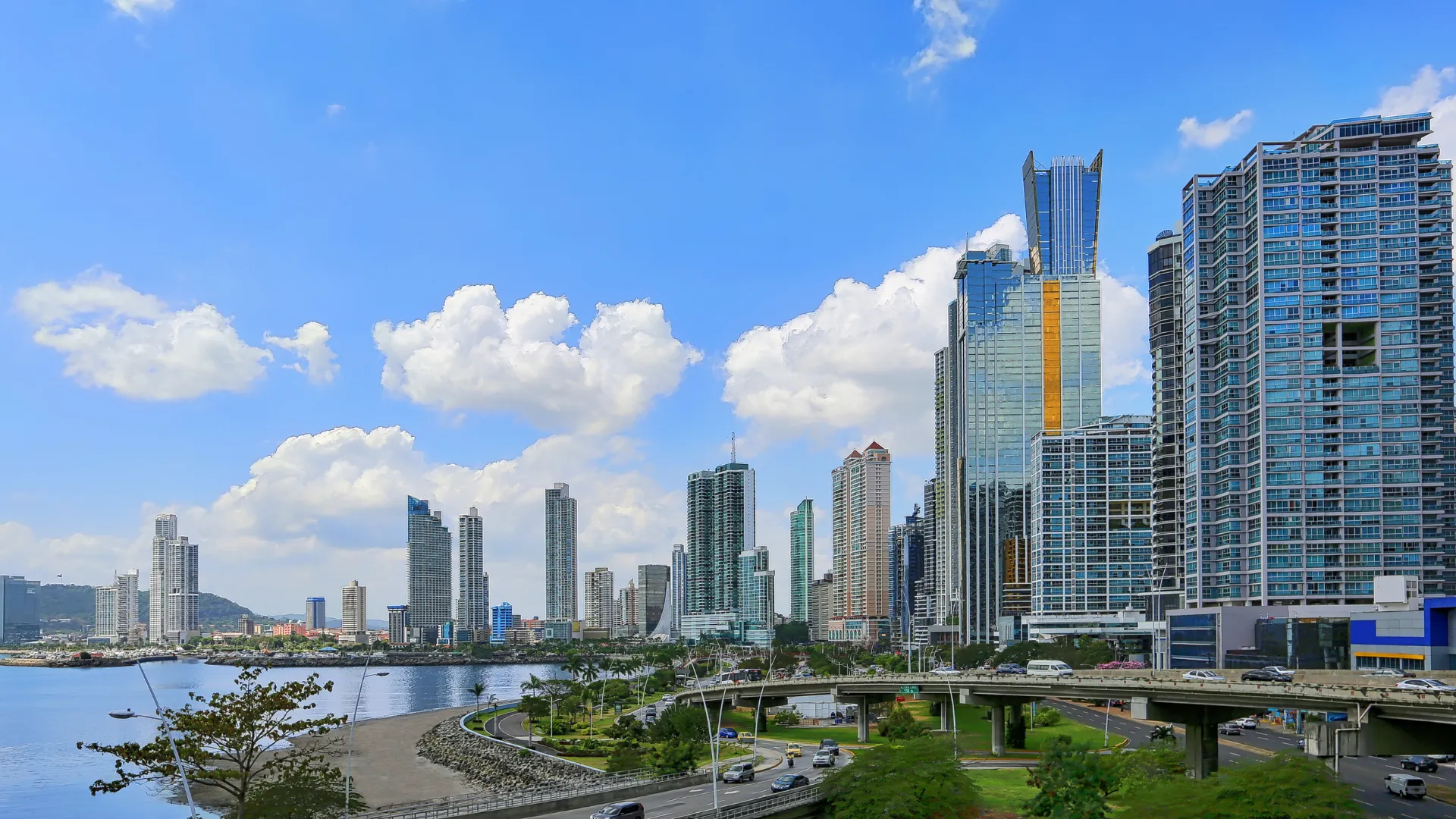
Getting a mortgage in Panama as an expat in 2025 is entirely possible—but preparation is key. With thorough documentation, patience, and the right team of professionals, you can finance your dream property in one of the most dynamic real estate markets in Latin America.
At Casa Solution, we guide many international buyers each year through the home-buying and financing process. Whether you’re buying a home in Boquete, Coronado, or anywhere in Panama, we have the knowledge, network, and care to help you every step of the way.
Client Testimonial:
“The entire Casa Solution team is extremely professional, knowledgeable, and responsive. They couldn’t have made buying property in Panama any easier even though we were still in the U.S. Despite the pandemic, we continued to receive fantastic support and assistance.” — Kelly and Ray Laurel View all Casa Solution reviews here
If you’re considering buying property in Panama, contact Casa Solution today for expert real estate services tailored for expats.


